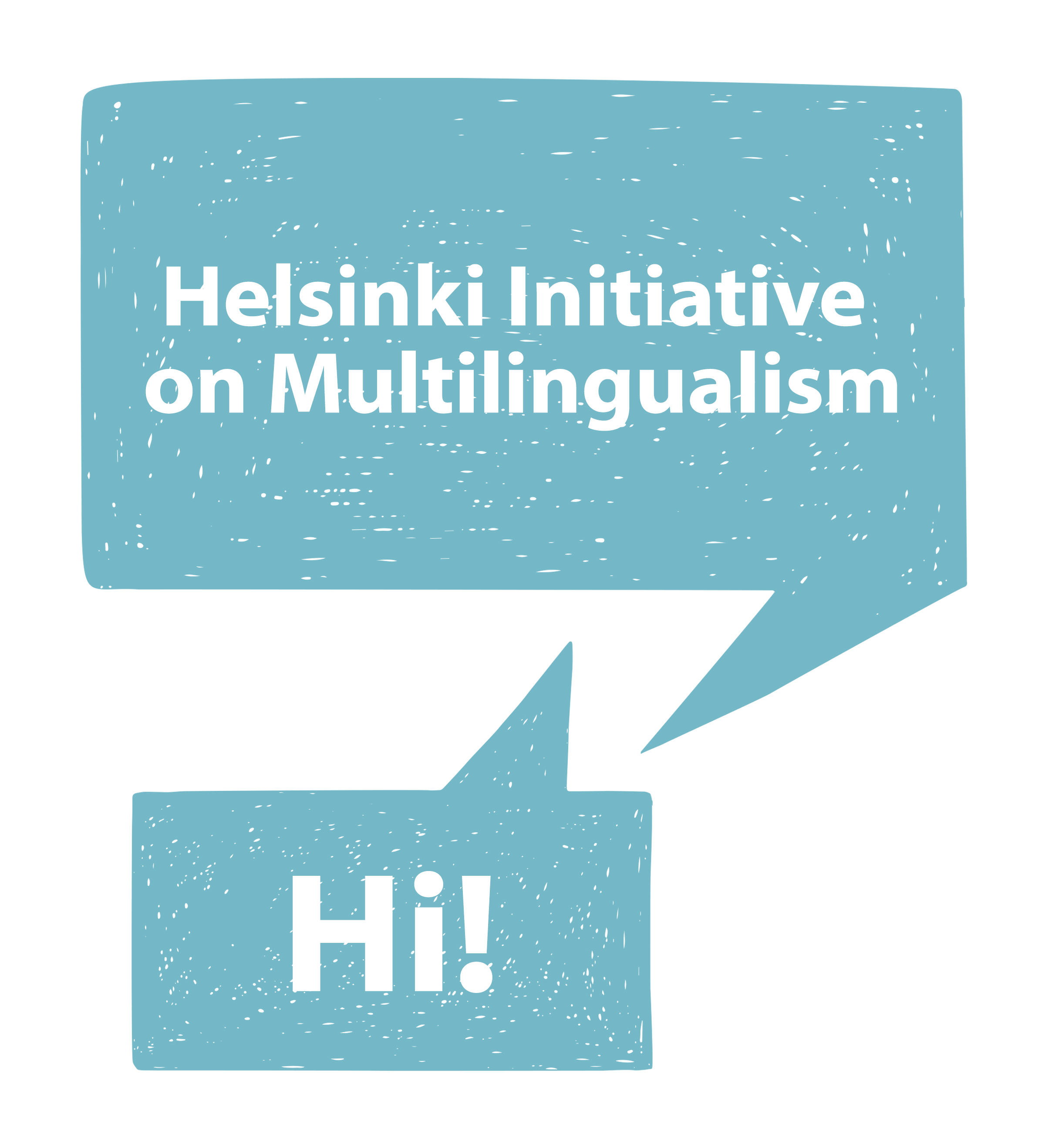EUA Endorsement of Helsinki Initiative
The European University Association (EUA), Universities Finland (UNIFI) and Universities Norway (UHR) strongly support the Helsinki Initiative on Multilingualism in Scholarly Communication:
- "The strength of European universities lies in aiming at international leadership while being locally anchored".
- "Universities are in constant exchange with stakeholders outside of academia and make their research accessible to broader audiences, which increases their relevance on local and national levels".
- "Considering the traditional ties between Europe and other regions of the world, a diversity of languages is also an important asset in internationalisation, ensuring and fostering both exchange and mobility".
- "Rethinking current research assessment procedures... includes a balanced multilingualism, that takes into account the whole width of research production and serves as a strength of the European academic research system".
Multilingualism in scholarly communication: Endorsement of Helsinki Initiative
06 June 2019
The European University Association (EUA), Universities Finland (UNIFI) and Universities Norway (UHR) strongly support the "Helsinki Initiative on Multilingualism in Scholarly Communication”.
The Helsinki initiative brings forward the concept of “balanced multilingualism”, which promotes equality between different needs. For example, multilingual work should be fully acknowledged in scholarly assessments and English should not have more weight than other languages in communication.
Balanced multilingualism is particularly relevant for Europe, as its research is characterised by geographic, cultural and linguistic diversity and the common principle of excellence. The strength of European universities lies in aiming at international leadership while being locally anchored. This also affects the use of language at higher education institutions.
The Helsinki Initiative on multilingualism is an initiative of the Federation of Finnish Learned Societies, Committee for Public Information, Finnish Association for Scholarly Publishing, Universities Norway & European Network for Research Evaluation in the Social Sciences and the Humanities.
While English has become the lingua franca in many areas of global scientific exchange, especially in the natural sciences, a significant amount of research — especially in the social sciences and humanities — is done and communicated in other languages to other linguistic communities. Additionally, universities are in constant exchange with stakeholders outside of academia and make their research accessible to broader audiences, which increases their relevance on local and national levels. Considering the traditional ties between Europe and other regions of the world, a diversity of languages is also an important asset in internationalisation, ensuring and fostering both exchange and mobility.
Fostering openness in relation to the use of language is also relevant for successful Open Access policies. As the “EUA Roadmap on Research Assessment in the Transition to Open Science” points out, transforming the current research system into Open Access requires rethinking current research assessment procedures. This includes, as EUA’s “Reflections on University Research Assessment” formulates, “revisiting research assessment procedures to make them better suited to reflect today’s academic, technological and societal contexts”. This also includes a balanced multilingualism, that takes into account the whole width of research production and serves as a strength of the European academic research system.
The European University Association (EUA) represents more than 800 universities and national rectors' conferences in 48 European countries. Universities Finland and Universities Norway are national rectors’ conferences and EUA members.
Universities Finland (UNIFI) is a co-operational organisation for Finnish universities. All 14 Finnish universities are UNIFI members.
Universities Norway (UHR) is a member organisation for 33 public and private universities and university colleges in Norway.
Universities Finland and Universities Norway are EUA members.
